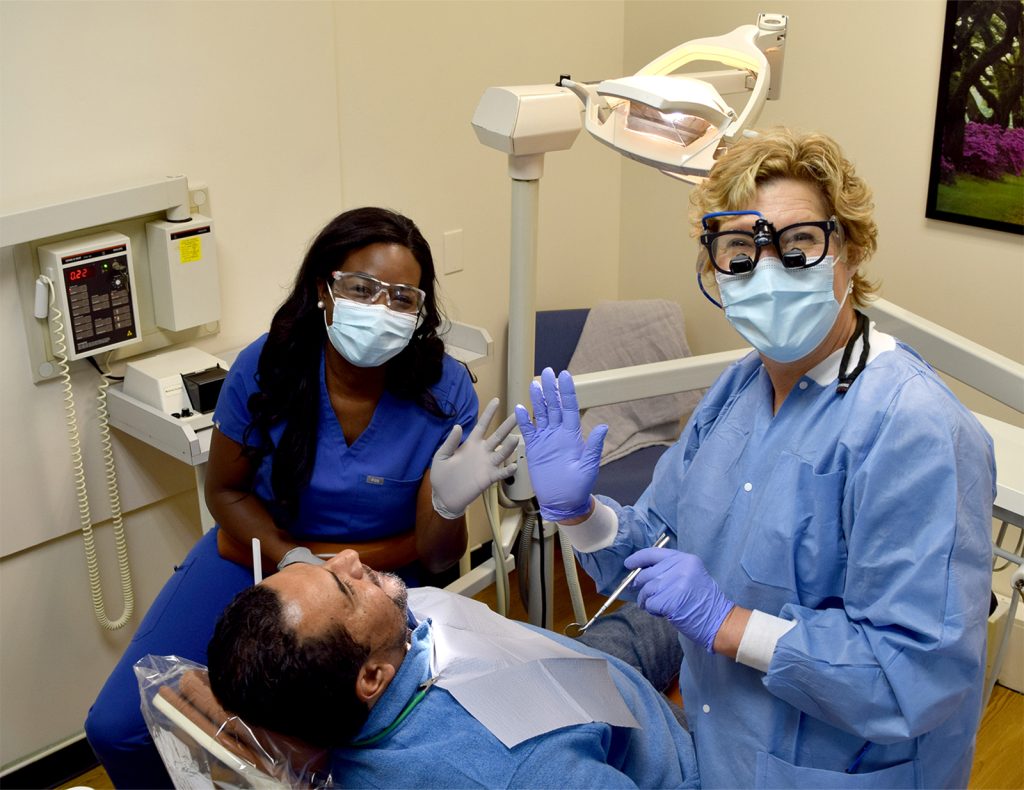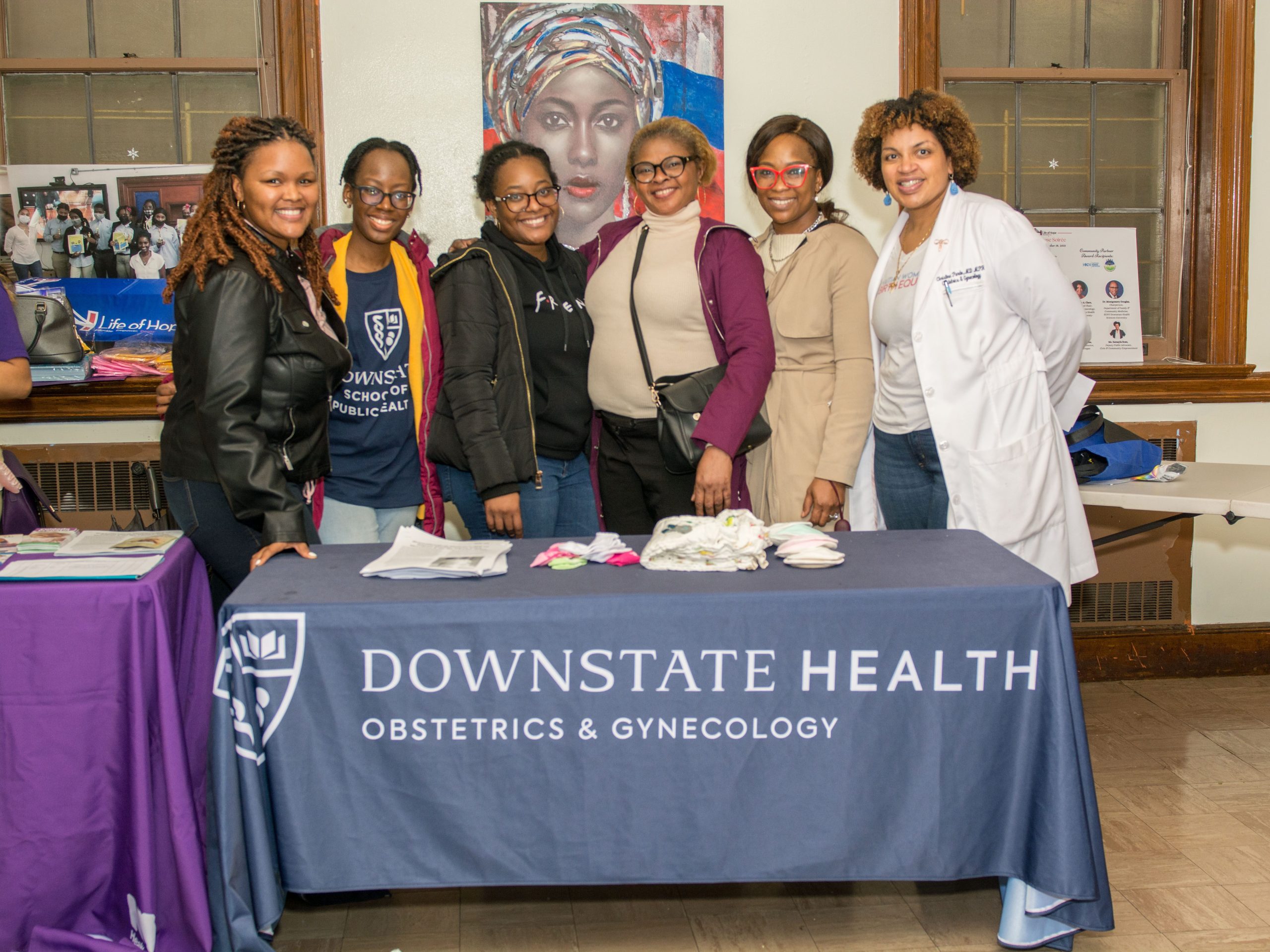grantee spotlight
Fostering Health Equity in the Black Community
Fostering Health Equity in the Black Community
While significant progress has been made to close the health equity gap, Black communities in New York continue to experience barriers to receiving care, face discrimination while seeking care and are subject to increased inequities outside the healthcare system. Critical social determinants of health, including quality education, employment, housing, access to nutritious food or outdoor space, all contribute to a person’s health outcomes. A lack of access to, or poor quality of, such determinants is evident as recent studies found that 18% of Black adults reported fair or poor health status compared to 13% of White adults. In New York City, research from the Department of Health and Mental Hygiene highlights the long-term impacts of poor health outcomes, as Black New Yorkers were found to have a shorter life expectancy compared to their White counterparts.

Eliminating such inequities requires investing in our communities to bridge the health equity gap, including diversifying New York’s healthcare workforce, conducting culturally sensitive outreach to immigrant communities and prioritizing mental health as an issue impacting one’s overall wellbeing. During Black History Month, the Mother Cabrini Health Foundation will amplify grantees working across New York State to provide accessible and quality healthcare to these underserved populations.
One such organization, Harvest House of South Buffalo, is working to break the barriers of poverty by providing holistic support services to underserved and marginalized community members. In the midst of a healthcare workforce shortage in New York, Harvest House offers vocational training for members of the community looking to become certified nursing assistants. The training primarily serves and is led by Black women to ensure the workforce is representative of the community it serves, which both improves job prospects for Black Buffalo residents but also is shown to improve care outcomes for Black community members.

In Brooklyn, SUNY Downstate Health Sciences University’s and Life of Hope’s ( www.lohnyc.org ) Health Immigrant Families initiative is a hospital-community partnership that seeks to understand the barriers to engagement in care for Black immigrant women. The program conducts in-depth community planning and develops a culturally informed outreach model. The specialized approach aims to educate and empower Black immigrant women about their healthcare options while connecting them to vital community services to better serve their health needs.
The Institute for Health Equity Research (IHER) at the Icahn School of Medicine at Mount Sinai has partnered with the Hope Center Harlem (a church-based community clinic) to offer holistic mental health services and programs to Harlem residents. The initiative also builds a training model for psychiatry residents who become prepared to provide these services in church-based settings. The program is led by Dr. Sidney Hankerson, who uses his position as the Director of Mental Health Equity Research for IHER to inform a successful partnership.
The Mother Cabrini Health Foundation is uplifting the important work being done each and every day to break barriers and better serve New York’s communities. We’re honored to support grantees such as Harvest House, Downstate Health Sciences University, and the Icahn School of Medicine as they implement integral programs, conduct meaningful research, and ensure all New Yorkers are offered equal access to healthcare.
To learn more about the organizations, please visit their websites:
